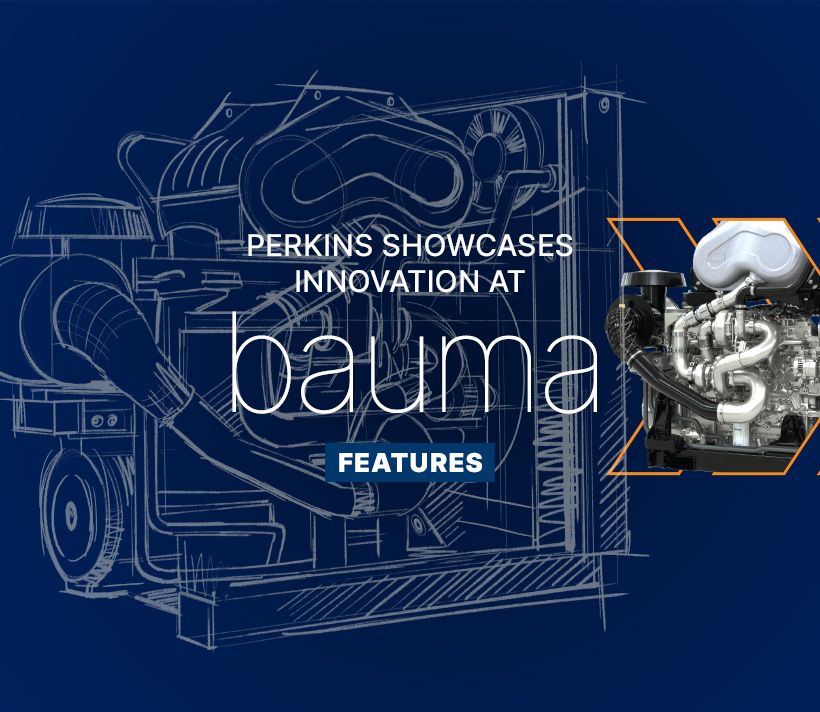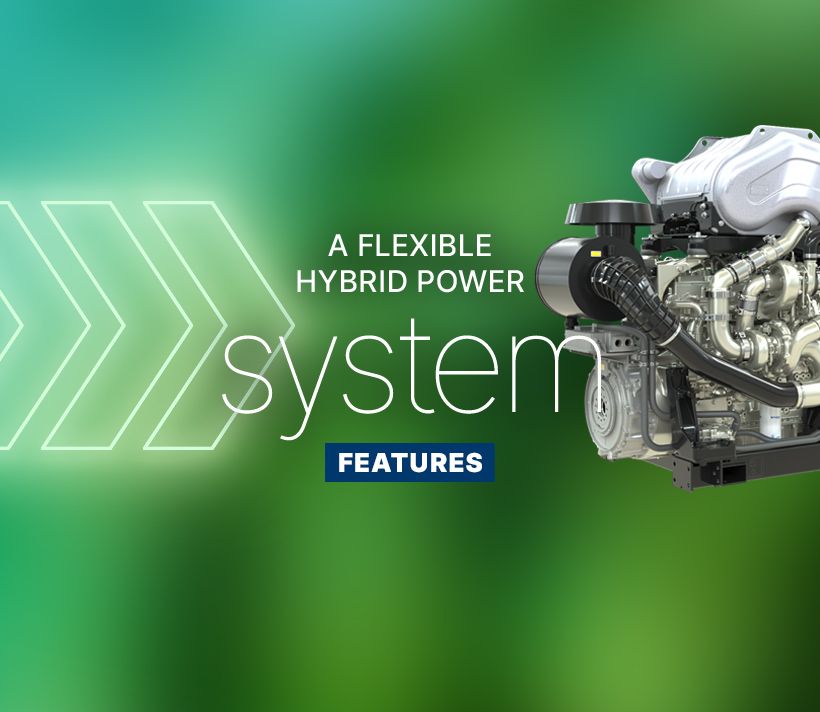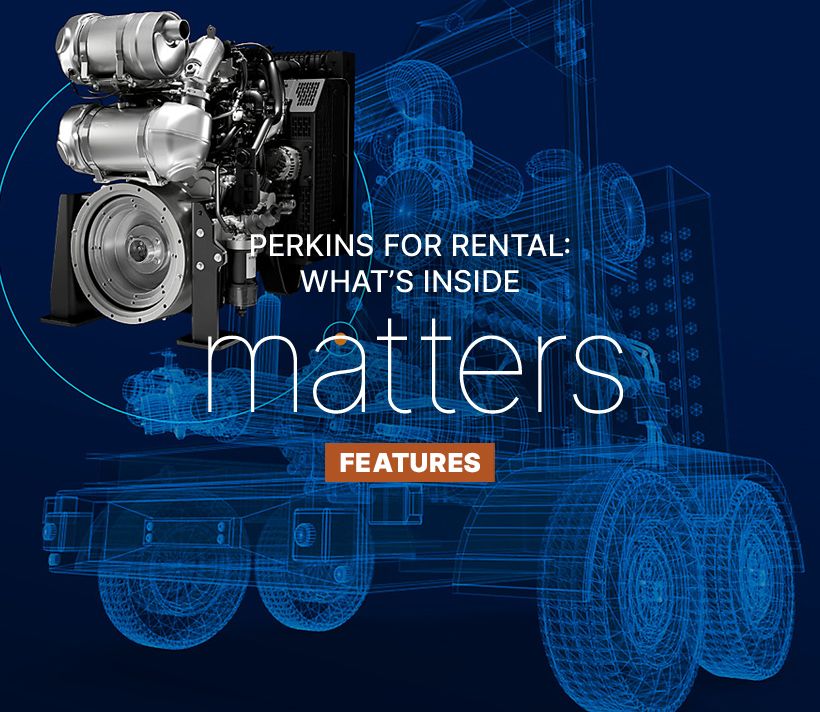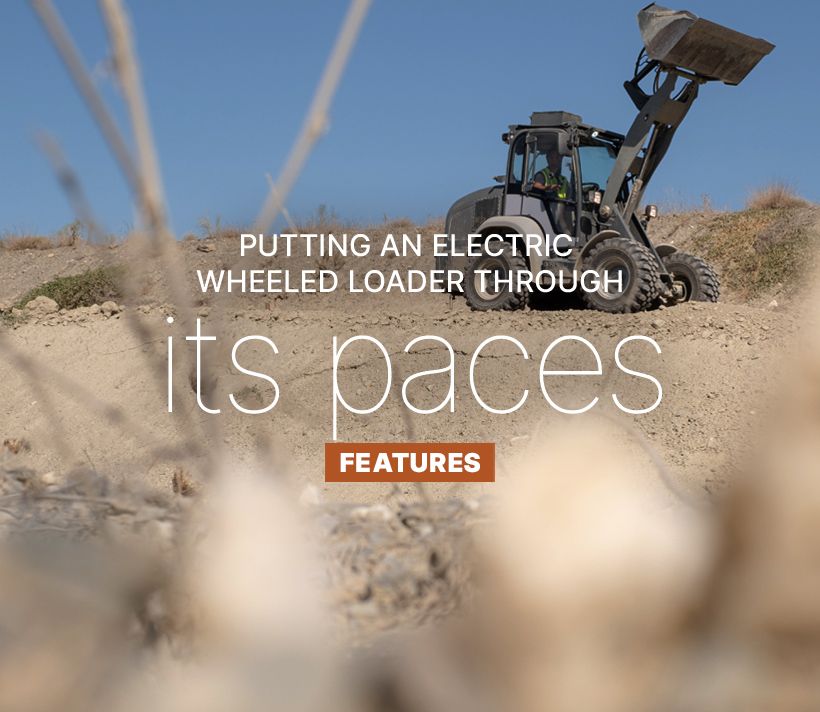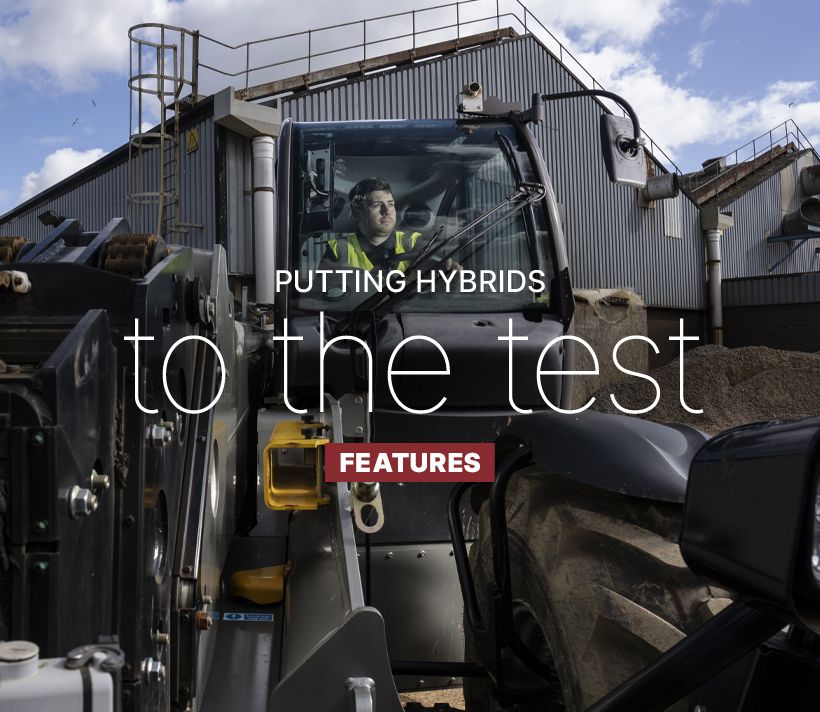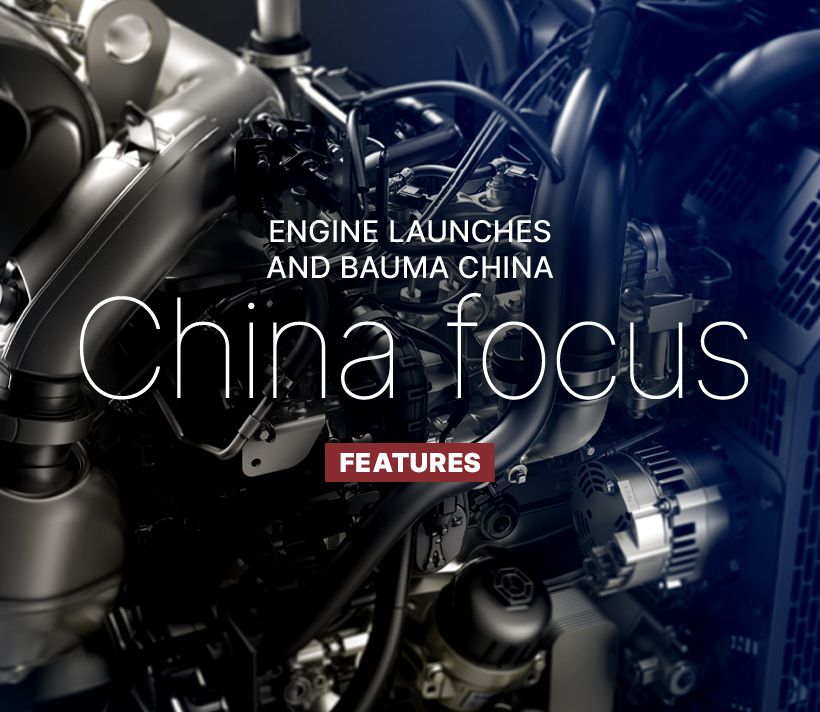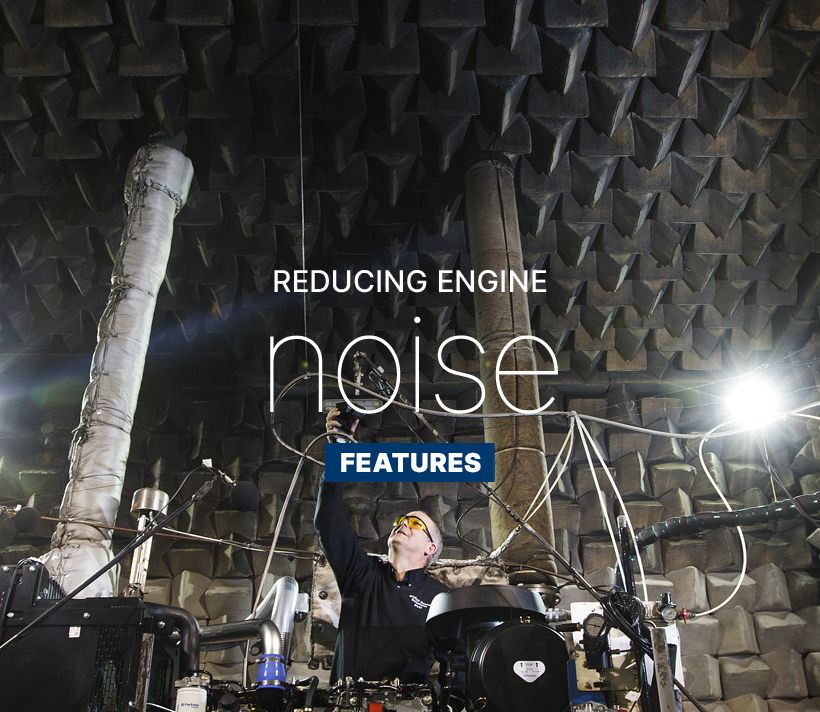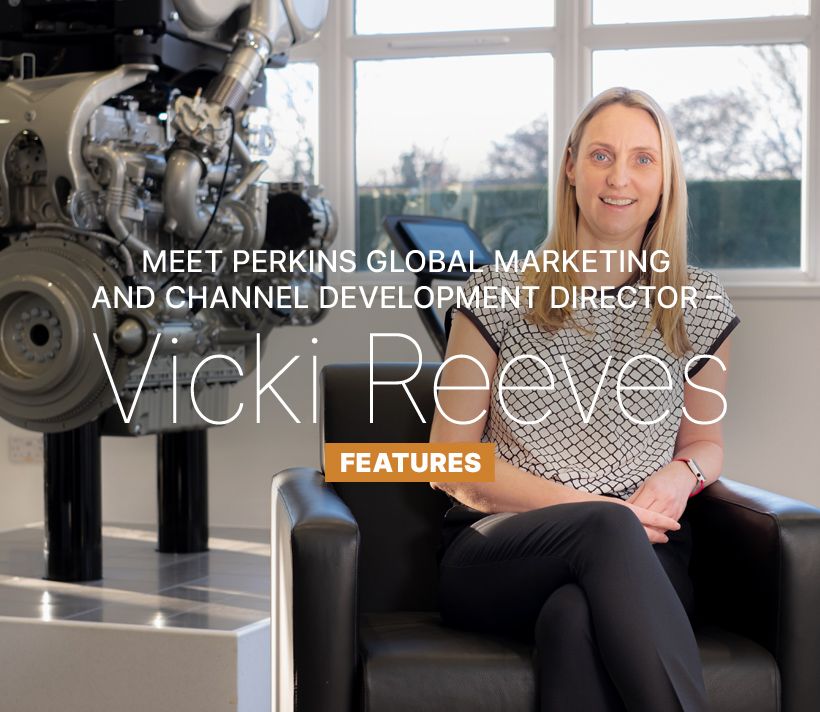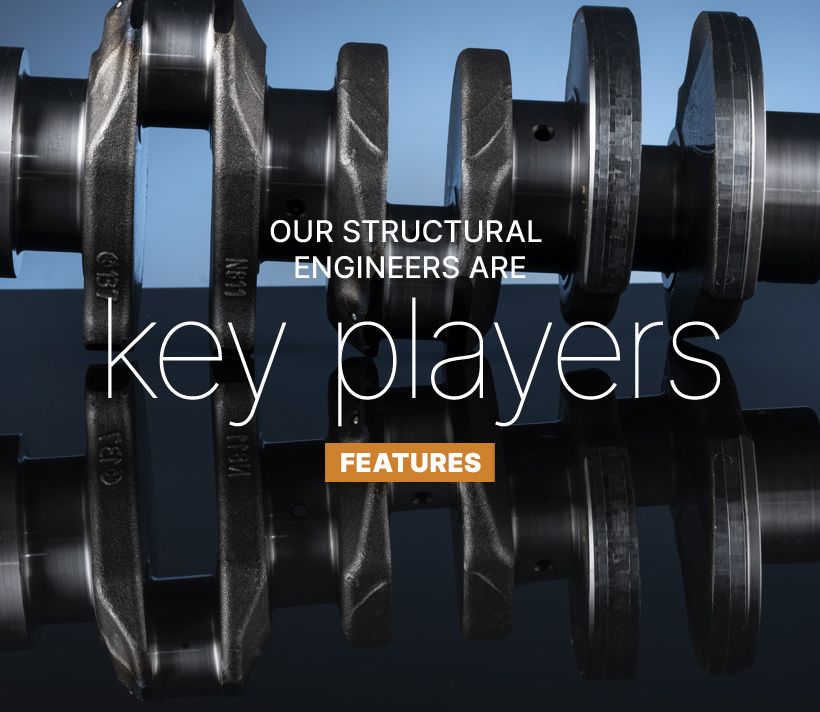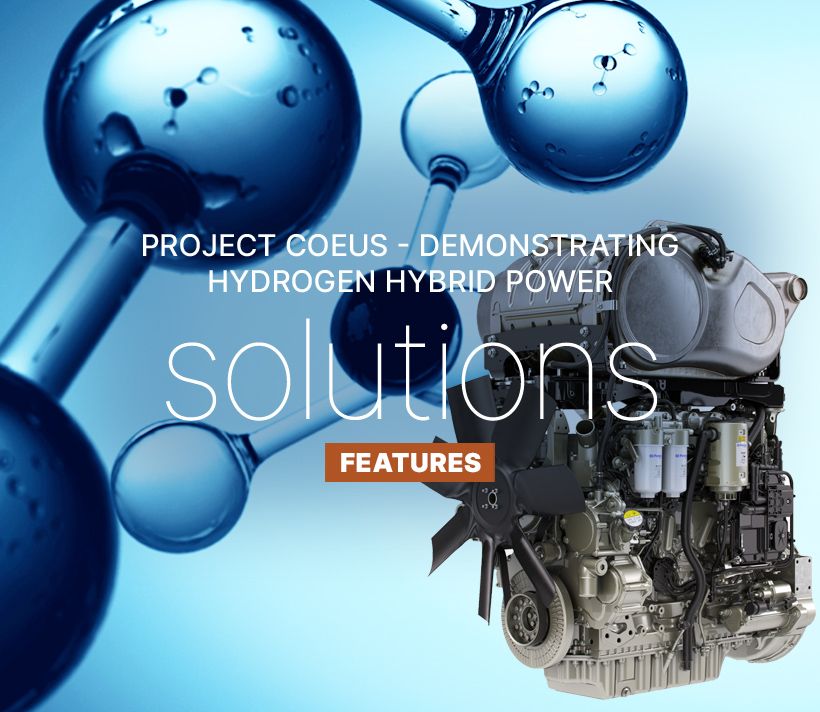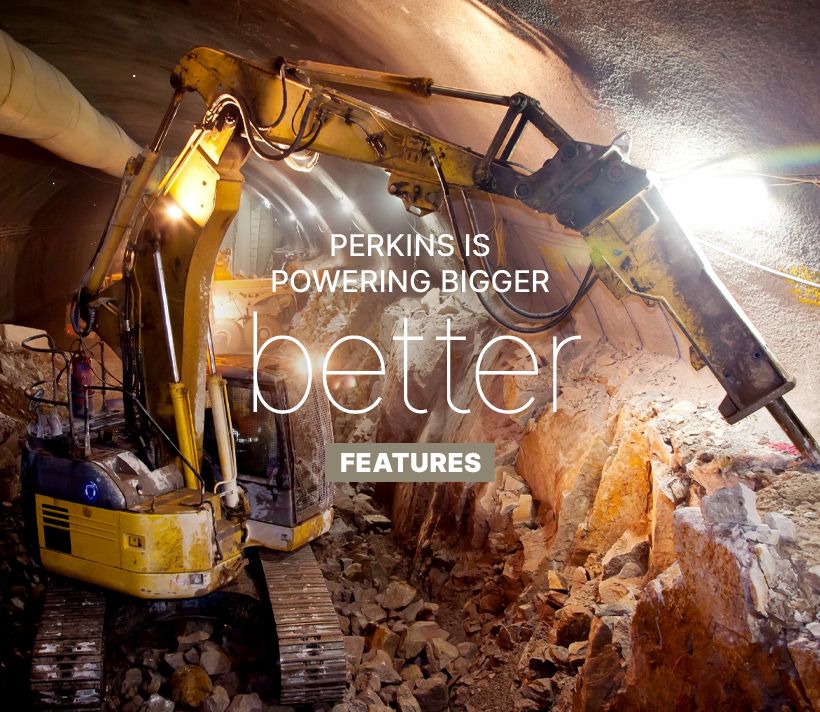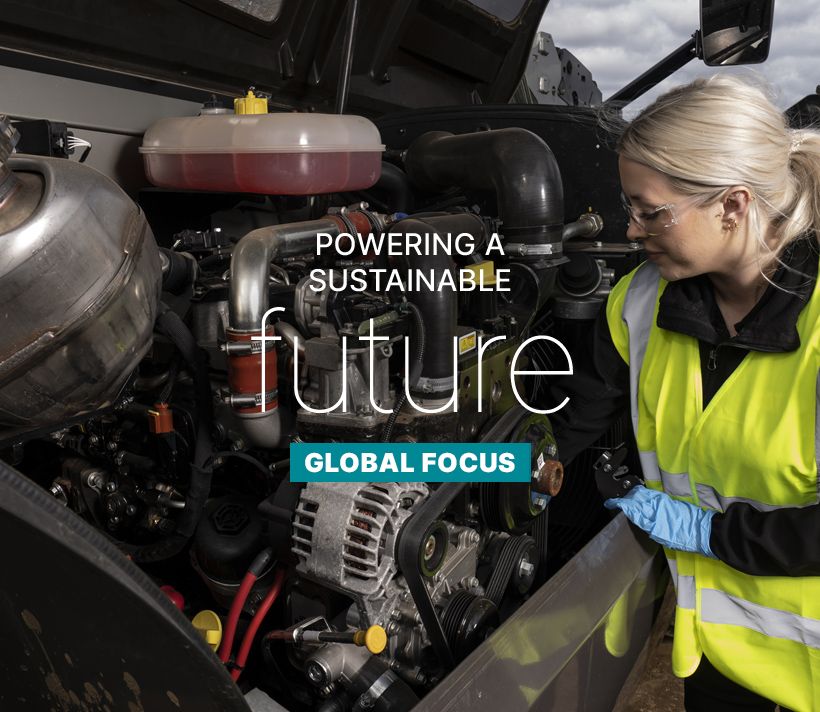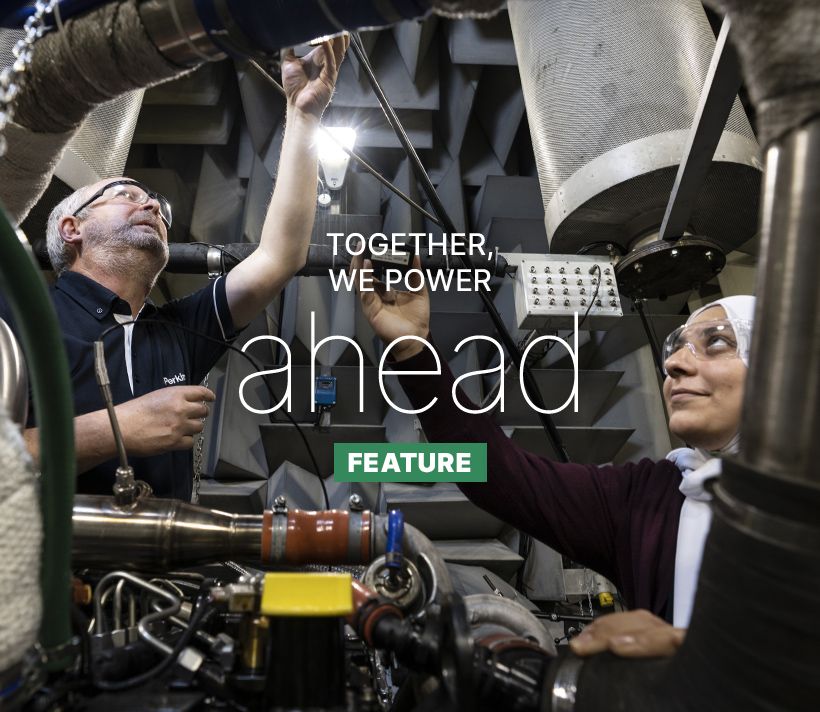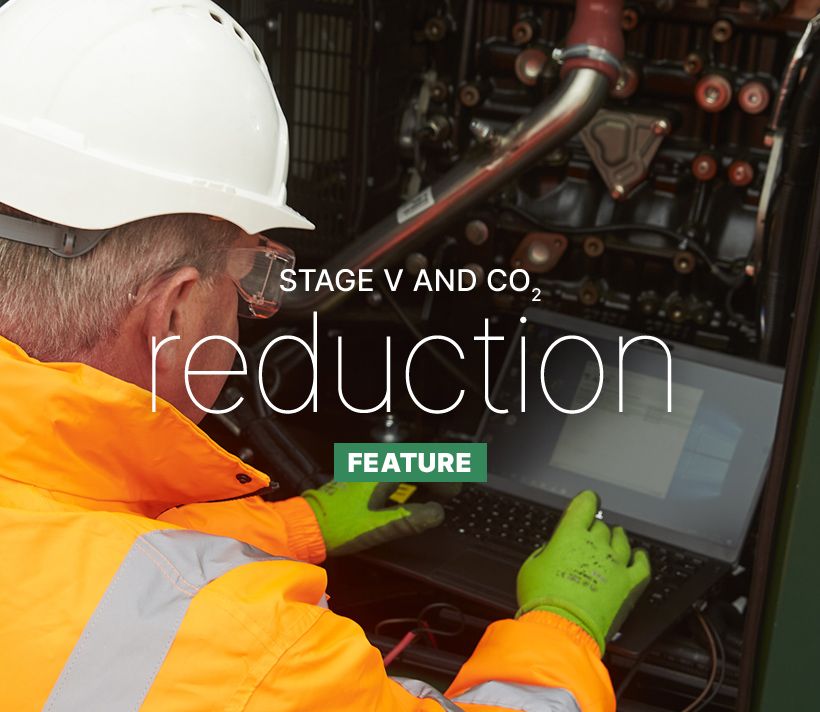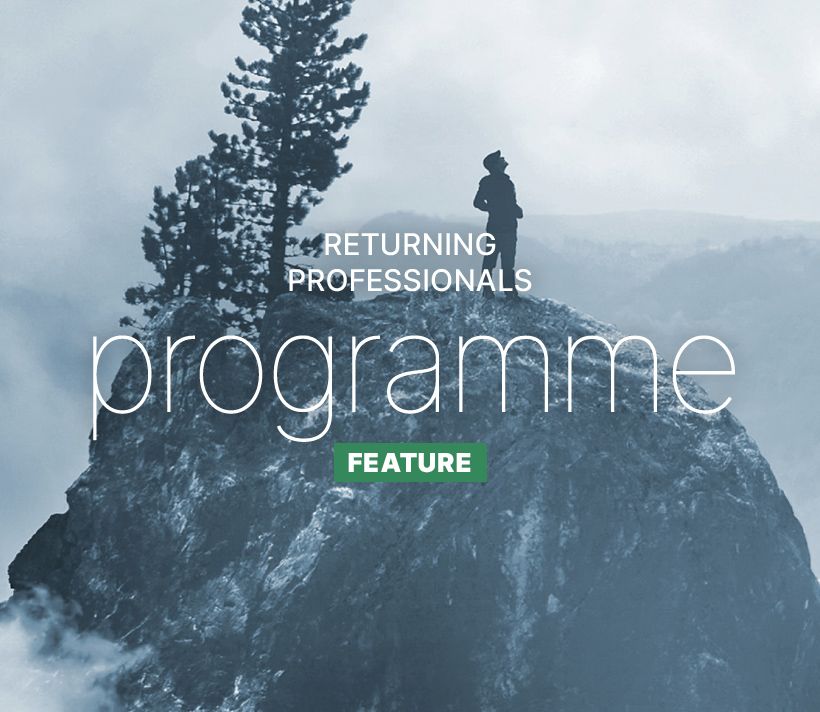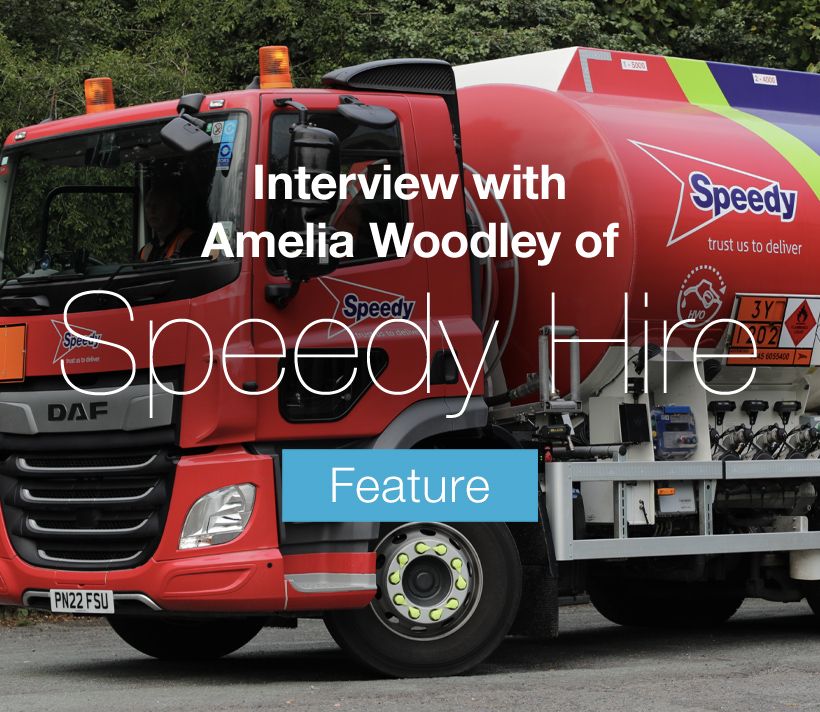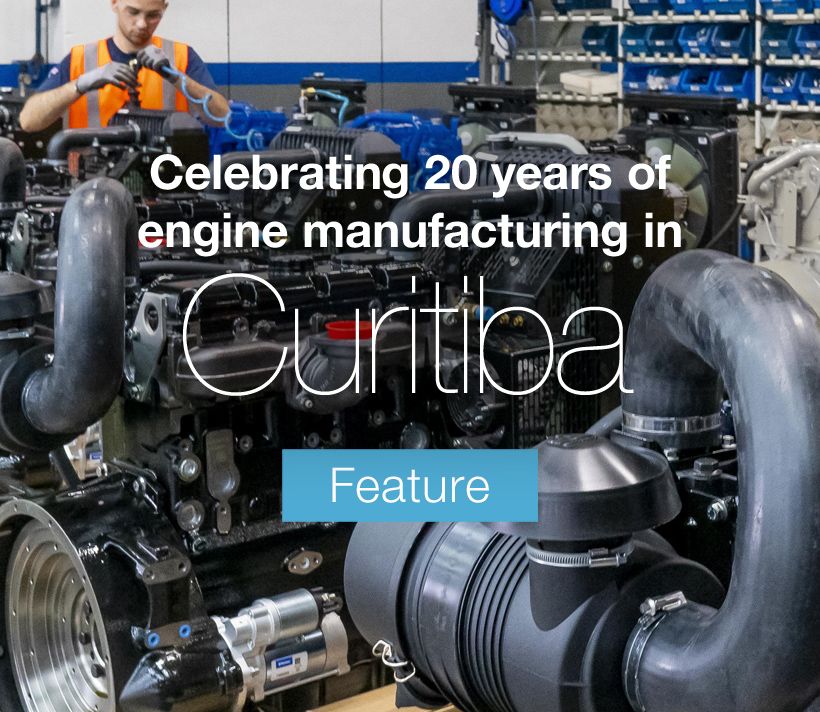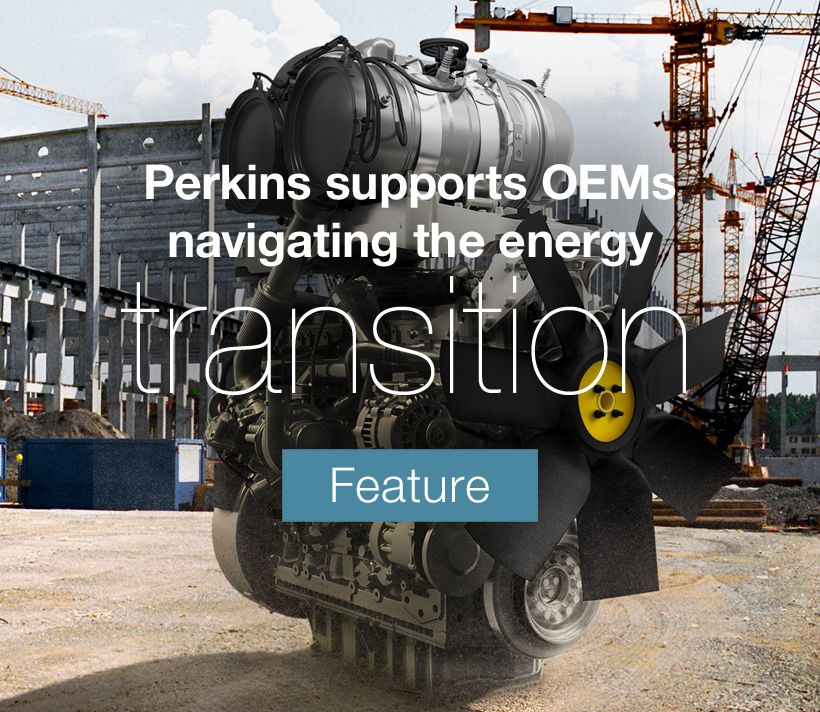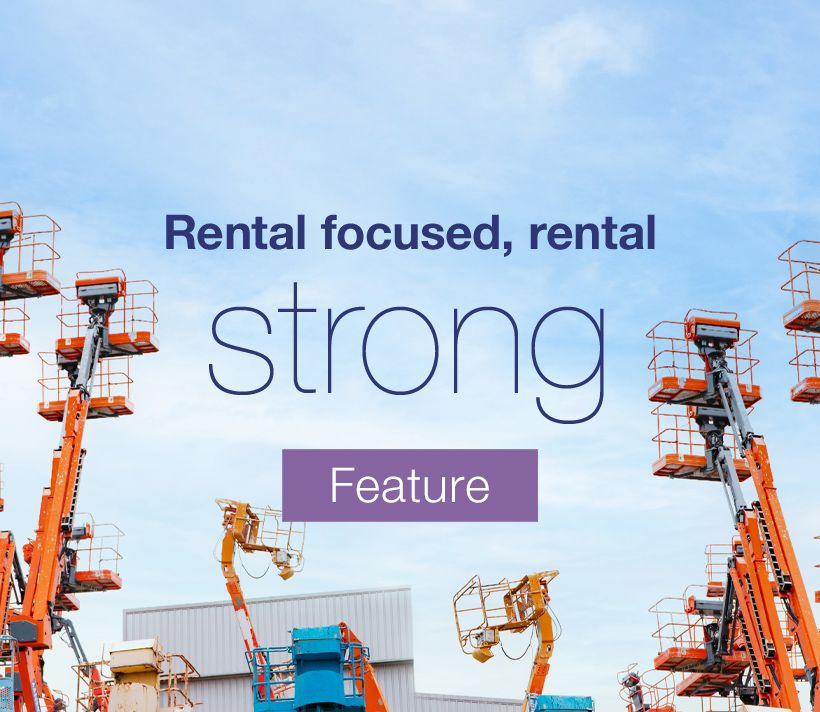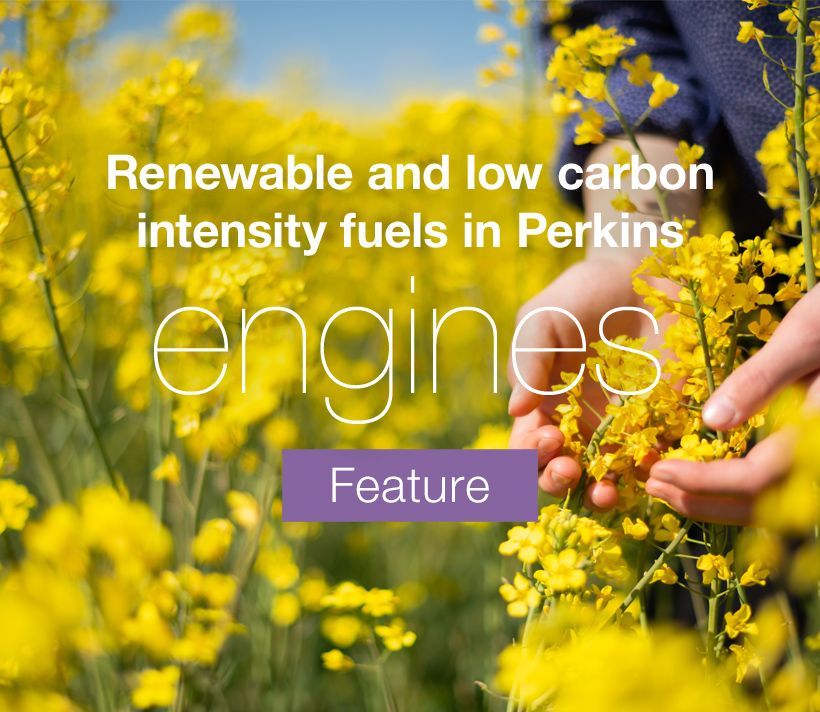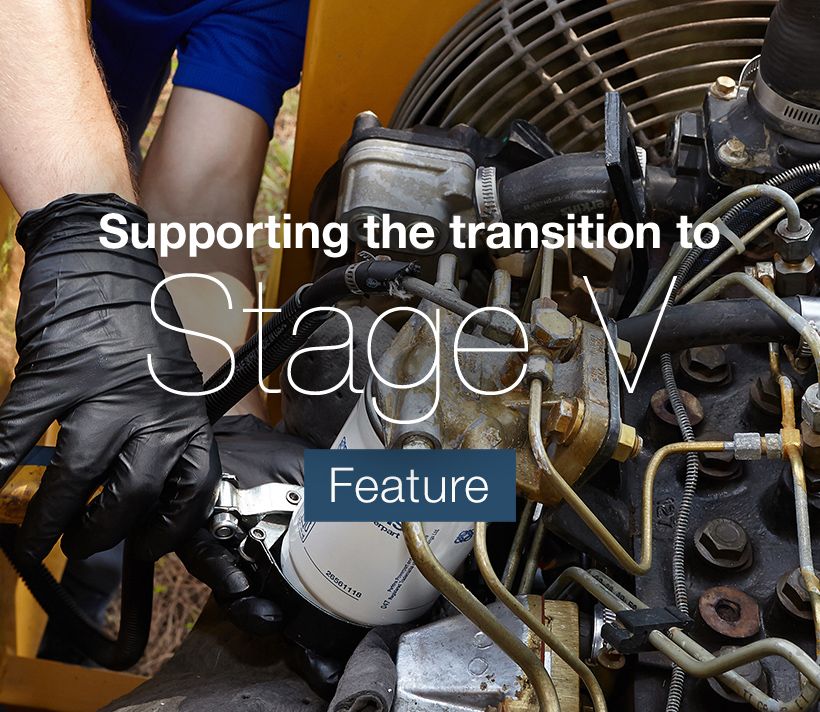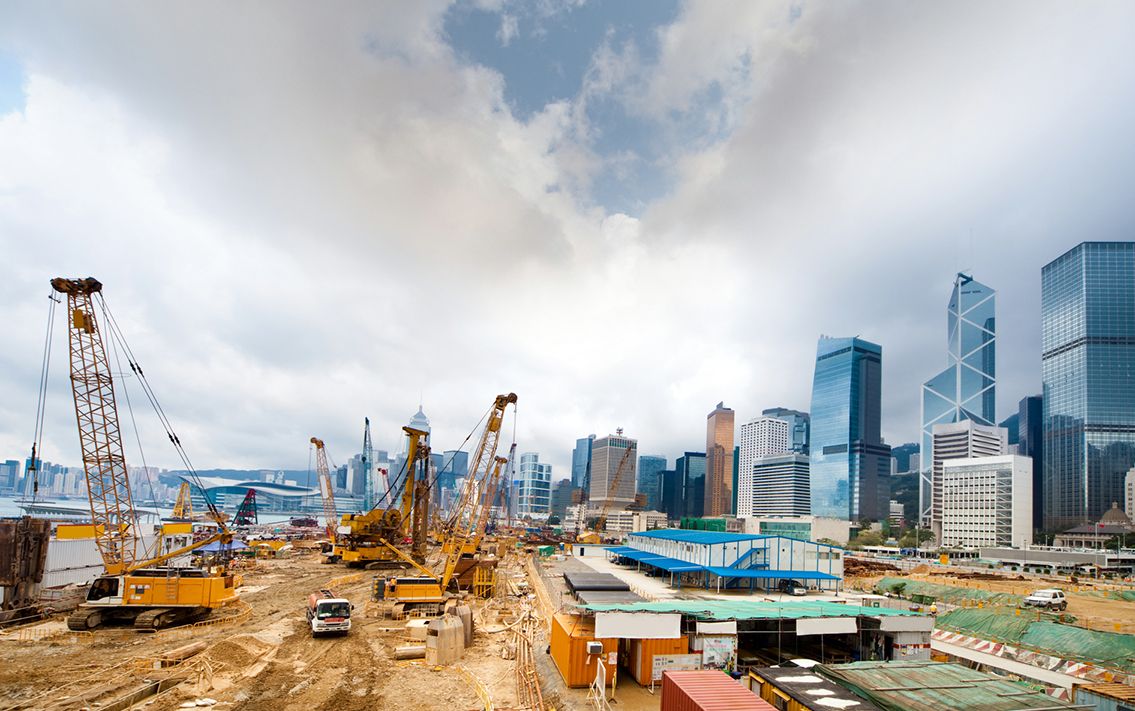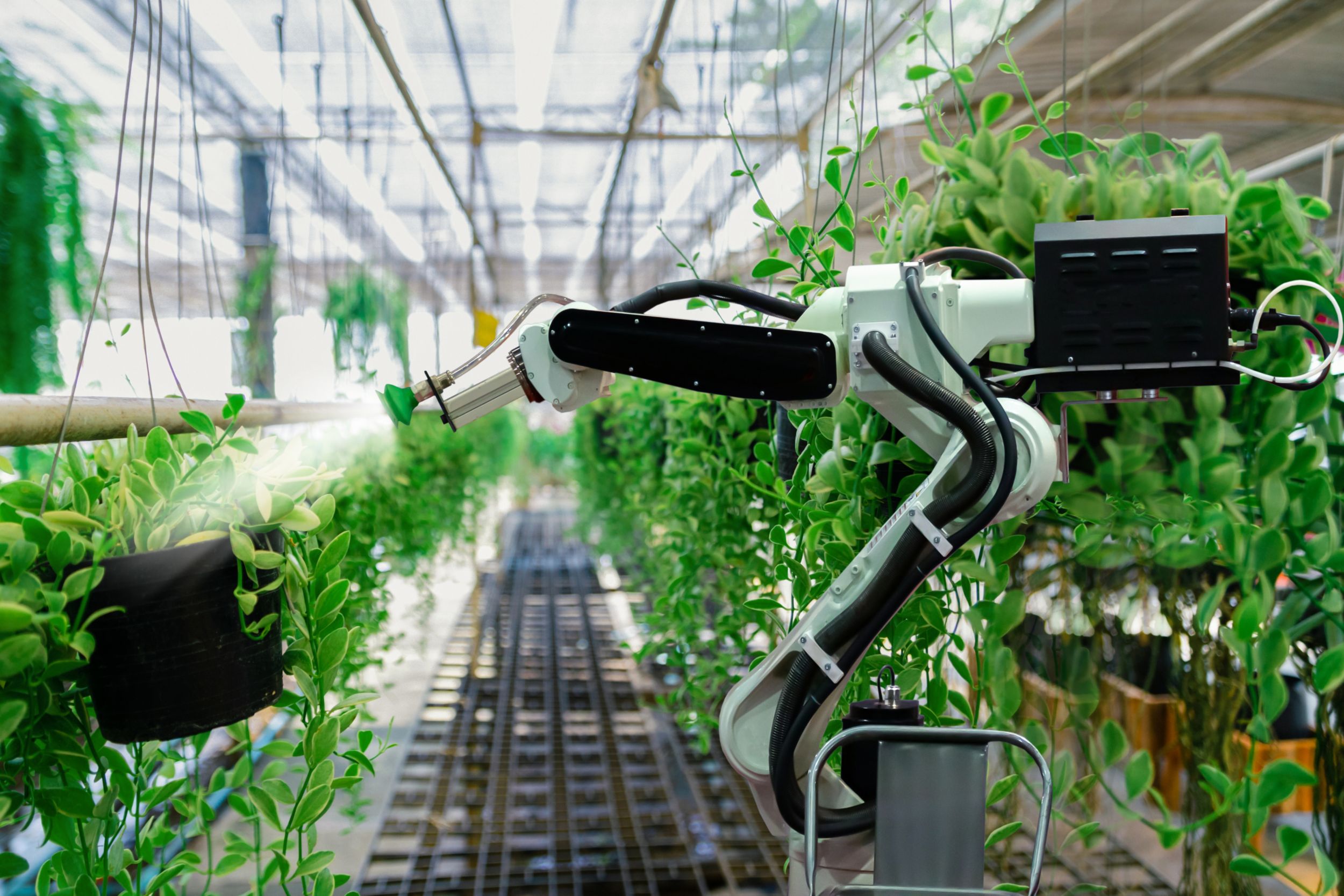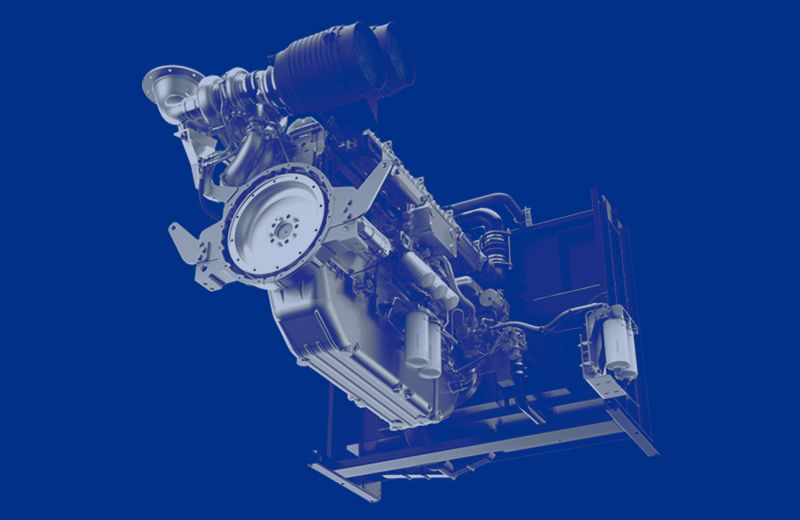The European Rental Association (ERA) is the ‘voice’ of the equipment rental industry in Europe. Secretary General Michel Petitjean, a veteran of the construction and rental industries in Europe and the United States, firmly believes that rental has a significant role to play in sustainability – and that the post-pandemic recovery will provide a crucial opportunity to advance this cause.
Powernews has an exclusive interview.
“We’ve a lot to do if we’re to succeed in our commitment to greater sustainability, but I’m confident about the signs,” says Michel, lauding the efforts of ERA members who have used their ‘downtime’ to focus on much-needed improvements to process.
Some might argue that the rental proposition of allowing multiple users to access a single piece of machinery when they need it, thereby reducing waste with excess fleets sitting idle, is inherently supportive of the sustainability agenda, but the ERA strongly believes there is more work to be done.
While sustainability has loomed large in many ERA members’ sights, those efforts have also been mirrored with a commitment to improving and advancing the industry’s digitalisation.
“We have seen remarkable work over the last year from companies who are determined to use innovation to accelerate their processes,” says Michel, pointing to a record number of entries received for the ERA’s innovation awards.
“There’s real interest in finding new ways of working safer and making the working environment healthier. This is very positive, and I’m really proud of our members: rather than closing doors and hunkering down, they did the opposite, to accelerate change.”
Such a commitment is all the more remarkable, says Michel, because of that asset-rich nature of the industry. While other sectors, aviation for example, have used the pandemic as a means to rationalise their fleets by ditching older, less profitable models, such options aren’t available to the rental sector. “The airline industry has a limited number of very heavy assets,” points out Michel. “One of our members has 650,000 pieces of equipment on its asset register. You just can’t make a change overnight.”
But the flip side of that is the speed of innovation from the equipment manufacturers and OEMs themselves. “Innovation is moving so fast – huge and rapid steps, as Perkins knows only too well with its Stage V models.
“Rental companies have an important role to play in encouraging and promoting these new trends – but that has to be balanced against the huge numbers of assets they manage."
- Michel Petitjean
"Yes, you have that speed of innovation, but it’s tempered.”
But Michel is clear about what he sees as the rental sector’s responsibility towards net zero goals. “The whole rental industry is geared around sustainability.
“Rent, and you can ensure exactly the right piece of equipment is put to use – not so big that you’re wasting resources, and not so small that the job is taking longer than you need. What’s more, it’s going to be well-maintained – increasing its efficiency and lifetime.”
Emissions of course, is where the industry comes under most scrutiny. In 2020, the ERA Equipment CO2 Calculator was released, based on the findings of its 2019 report Carbon Footprint of Construction Equipment. The calculator was designed to assess the carbon footprint of one piece of construction equipment. “It was a symbolic accomplishment,” recalls Michel, “and while not everyone was happy, at least we demonstrated that it was possible.
“There’s still room for improvement, but by identifying a set of parameters and a standard measurement procedure, it’s streamlined the process and eliminated a lot of duplication of effort.”
The calculator was closely followed by a best practice guide on CSR KPI’s, including eight chapters which relate key performance indicators to specific Sustainable Development Goals. “This helps companies who are seeking certification under the ISO1400 family of standards, allowing them to change their fleet to suit and even arrange credits for the rest of their emissions. It’s a great example of how far the industry has come.”
Hand-in-hand with this process will be digitalisation. ERA members are working hard on the technology front, acknowledges Michel, but he says it’s an area where medium-sized companies often have the upper hand. “If it’s one country, one company, then all it needs is for management to give it the green light, and it will happen.”
With so many potential changes ‘waiting in the wings’, Michel says the next few years were going to be crucial for the industry anyway. “The legislative framework was always coming and that’s only going to intensify – the Green Deal, COP26, HVO, alternative fuels and so on.
“But the pandemic has perhaps sharpened the pencil a little. The rental model offers a lot of advantages to the construction industry, and I’m excited about how our members will step up to the plate to support their customers in achieving their sustainability goals with some of these new and emerging initiatives, when the rebound finally arrives.”
Michel Petitjean has been secretary general of the ERA since it was established in 2006, a role which includes overseeing the day-to-day activities of the association and organising its annual convention.
Before joining the ERA, Michel enjoyed a successful career in construction and rental in Europe and the U.S. He was chairman of Prime Equipment, CEO of Pinault Equipment and CEO of Laho Equipment, working in France, Spain and the U.S.
Power systems, services and technologies engineered for efficiency, productivity and fuel flexibility will be on show.
Read moreWhy stick to one fuel, when you can have a configurable power system?
Read morePerkins has announced a power uplift to the popular 3.6 litre variant.
Read moreWe chat to Corey Berry following the successful showings at American Rental Association (ARA) and United Rentals exhibitions.
Read moreWe headed to Malaga, Spain, to learn more and see the machine in action.
Read morePowernews caught up with Sylvia to learn more about her responsibilities, motivations, and leadership journey.
Read moreHow our Customer Solutions and Engineering teams are actively helping customers reduce fuel consumption.
Read moreMore than 280,000 visitors from across the world attended this year’s four-day long Bauma China exhibition in Shanghai.
Read moreThe importance of thermal fluids simulation.
Read moreHow ‘noise chambers’ help Perkins build quieter engines.
Read moreMeet our Vice President of facility operations.
Read moreThe customer benefits achieved through Perkins’ new connectivity solutions.
Read moreThe new Perkins global marketing and channel development director.
Read moreThings are different when it’s very, very cold.
Read moreEngineering manager Graham Hill explains the importance of structural simulation when designing a new engine.
Read morePerkins kicks off Project Coeus to demonstrate leading-edge hydrogen hybrid power solutions.
Read morePerkins launches the next generation 2600 Series engine.
Read moreBy re-examining, reimagining, and re-engineering what is expected.
Read moreAdvance power solutions from Perkins.
Read moreJaz Gill talks Perkins new brand strategy.
Read moreRental expert Dave Stollery gives his view on the opportunities around rolling out EU Stage V equipment.
Read moreIf you want to get back to engineering, this programme can be the key to making it happen.
Read moreAn appropriate environmental, social and governance (ESG) proposition really matters.
Read moreManufacturing industrial engines at our Curitiba facility since 2003.
Read moreThe heart of sustainable power.
Read moreOffering a complete solution for off-highway engines in Latin America.
Read morePerkins rental industry commitment continues to grow.
Read moreSupporting the STEM development of future generations.
Learn MoreRenewable and low carbon intensity fuels in Perkins engines.
Read morePerkins is actively supporting the rental industry's transition to the latest EU Stage V technologies.
Read moreThe Perkins Rental Support Programme has already been adopted in some form by virtually every significant rental business in the world.
Read moreThe Perkins® 904 Series family of Industrial Open Power Units provide customers with ‘plug-and-play’ engines that often can be fitted to a broad range of equipment.
Read moreWhy the popularity of telehandlers is reaching new heights.
Read moreWhy data has become a priceless commodity in modern construction.
Read moreTalk of reaching ‘net zero’ is frequently discussed, but what does net zero look like for agriculture?
Read moreDiscover more about the benefits of moving to Stage V power.
Read moreWho will be the farmer of tomorrow and what skills will they have?
Read moreWhat does urban construction look like over the next decade?
Read moreRevolution through evolution.
Read morePutting people into plant.
Read moreThe electric charge: how access to reliable power is fuelling prosperity across the globe.
Read moreCollaboration: in search of excellence.
Read moreHow can manufacturing businesses move stock like clockwork?
Read moreWhat are the key benefits of downsizing engine capacity in the materials handling.
Read moreThe future of diesel-driven power generation keeps getting brighter.
Read moreImportant information and tips to make the best decision for your next job.
Read more
